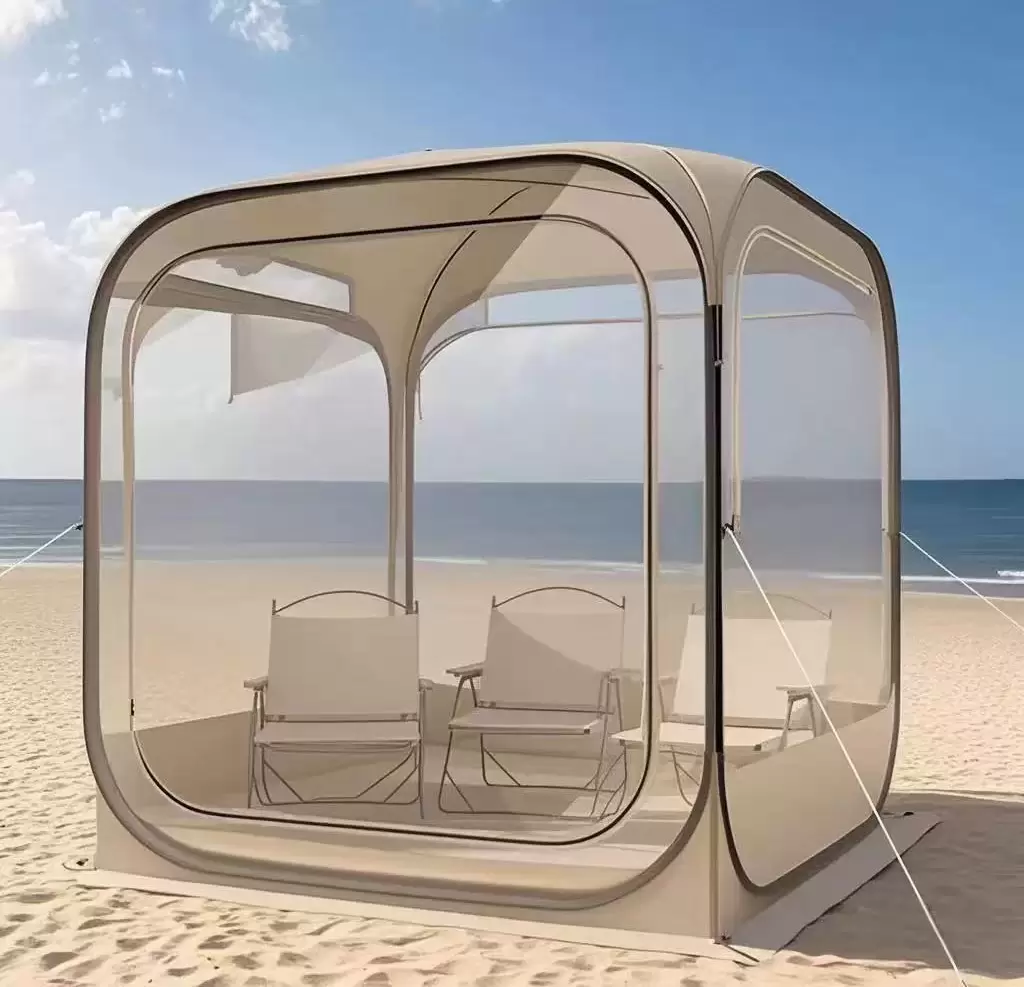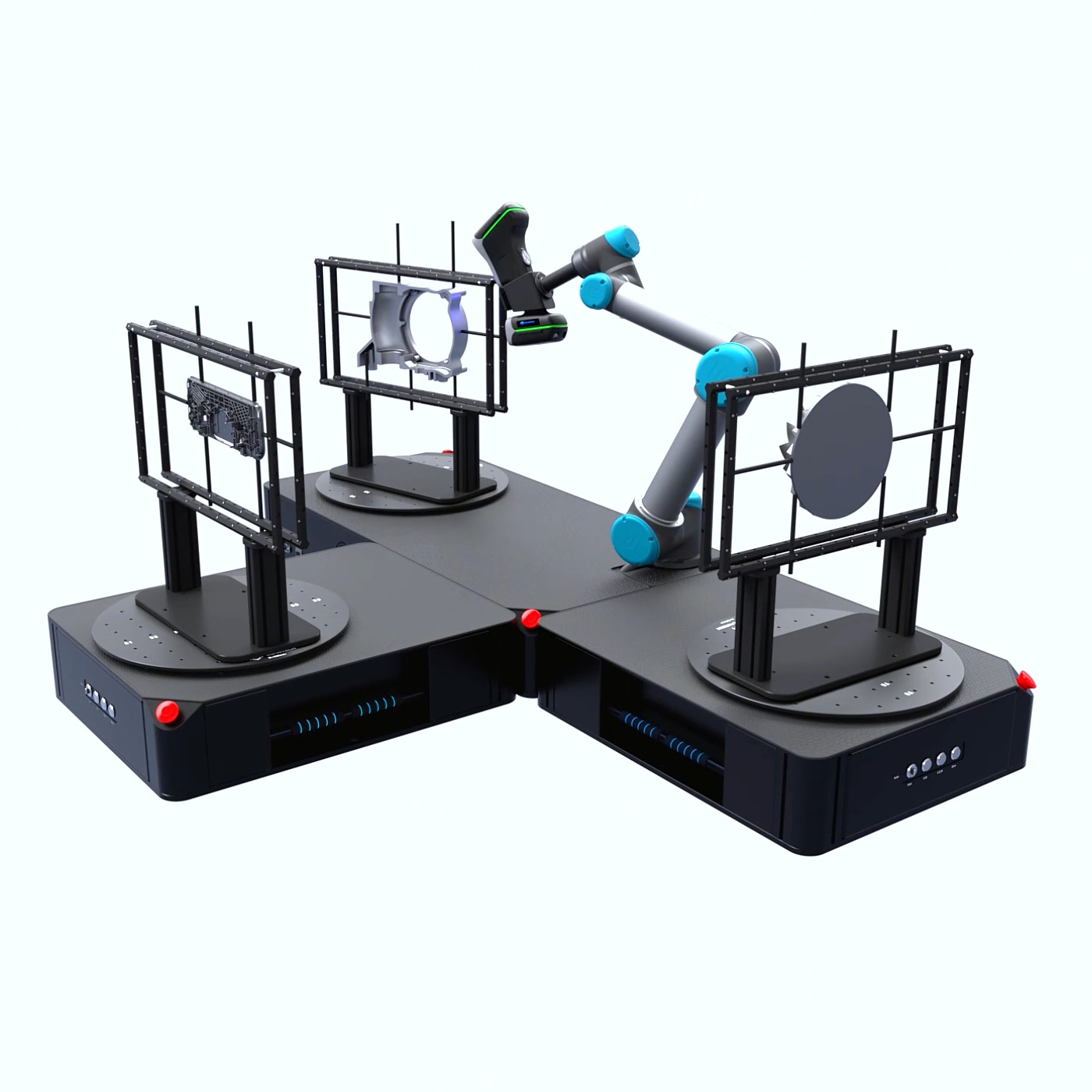In the world of coffee enthusiasts, the coffee maker is more than just an appliance; it’s a cornerstone of daily rituals and a gateway to the perfect cup of joe. However, like any other kitchen device, coffee makers have a lifespan and performance threshold that, when crossed, can lead to subpar brews or even complete breakdowns. So, how do you know when it’s time to invest in a new coffee maker? Let’s explore the key indicators that signal it’s time for an upgrade.
- Inconsistent Brew Quality
One of the most telling signs that your coffee maker may be on its last legs is a noticeable decline in the quality of your coffee. If you find that your once-reliable machine is producing inconsistent flavors, weak brews, or overly bitter cups, it’s time to assess its performance. Factors contributing to this inconsistency may include:
- Clogged Water Lines: Over time, mineral deposits can accumulate in the water lines, affecting water flow and temperature.
- Worn Heating Elements: If the heating element is failing, it may not reach the optimal brewing temperature, resulting in under-extraction or over-extraction of coffee grounds.
- Old Coffee Maker Technology: Older models may lack the precision and technology of newer machines, which can lead to inconsistent brewing results.
- Frequent Breakdowns and Repairs
If your coffee maker has become a frequent visitor to the repair shop, it might be more cost-effective to replace it rather than continue pouring money into repairs. Consider the following:
- Cost of Repairs vs. Replacement: If repair costs exceed 50% of the price of a new coffee maker, it’s a clear sign that you should consider an upgrade.
- Age of the Machine: Most coffee makers have a lifespan of 5 to 10 years. If your machine is nearing or has surpassed this age, it’s likely that parts will continue to fail.
- Unpleasant Odors or Tastes
A coffee maker that emits strange odors or produces coffee with off-flavors is a red flag. This could indicate:
- Residual Oils and Coffee Grounds: Over time, oils from coffee can build up in the machine, leading to rancid smells and flavors. Regular cleaning can mitigate this, but if the problem persists, it may be time for a new machine.
- Mold and Bacteria Growth: If your coffee maker has hard-to-reach areas that are difficult to clean, mold and bacteria can thrive, affecting the taste and safety of your coffee.
- Increased Brew Time
If you notice that your coffee maker is taking significantly longer to brew than it used to, this could indicate a problem with the heating element or water flow. A slow brew time can be frustrating, especially during busy mornings. Consider the following:
- Clogged Filters or Water Lines: Regular maintenance can help, but if the problem persists, it may be a sign that the machine is nearing the end of its life.
- Inefficient Design: Older models may not be designed for efficiency, leading to longer brew times compared to newer, more advanced machines.
- Limited Features and Customization
As coffee technology evolves, so do consumer preferences. If your coffee maker lacks features that enhance your brewing experience, such as programmable settings, built-in grinders, or temperature control, it may be time to consider an upgrade. Modern coffee makers offer:
- Smart Technology: Many new models come with app connectivity, allowing you to brew coffee remotely or customize settings from your smartphone.
- Versatility: If you enjoy experimenting with different brewing methods (like cold brew or espresso), a multi-functional coffee maker can greatly enhance your coffee experience.
- Physical Damage or Wear
Finally, inspect your coffee maker for any visible signs of wear and tear. Cracks in the carafe, broken buttons, or leaks can all indicate that your machine is no longer safe or effective. If you notice:
- Leaking Water: This could signify a serious internal issue that may not be worth repairing.
- Damaged Components: If essential parts are broken or missing, it may be time to replace the entire unit.
Conclusion
Recognizing when to replace your coffee maker is essential for maintaining your coffee quality and enjoyment. By paying attention to the signs of wear and performance decline, you can make an informed decision about when to invest in a new machine. Remember, a good coffee maker is an investment in your daily routine, and upgrading can lead to a more satisfying and flavorful coffee experience. So, if you’ve noticed any of the indicators mentioned above, it might be time to start exploring the exciting world of new coffee makers that can elevate your brewing game. Happy brewing!






